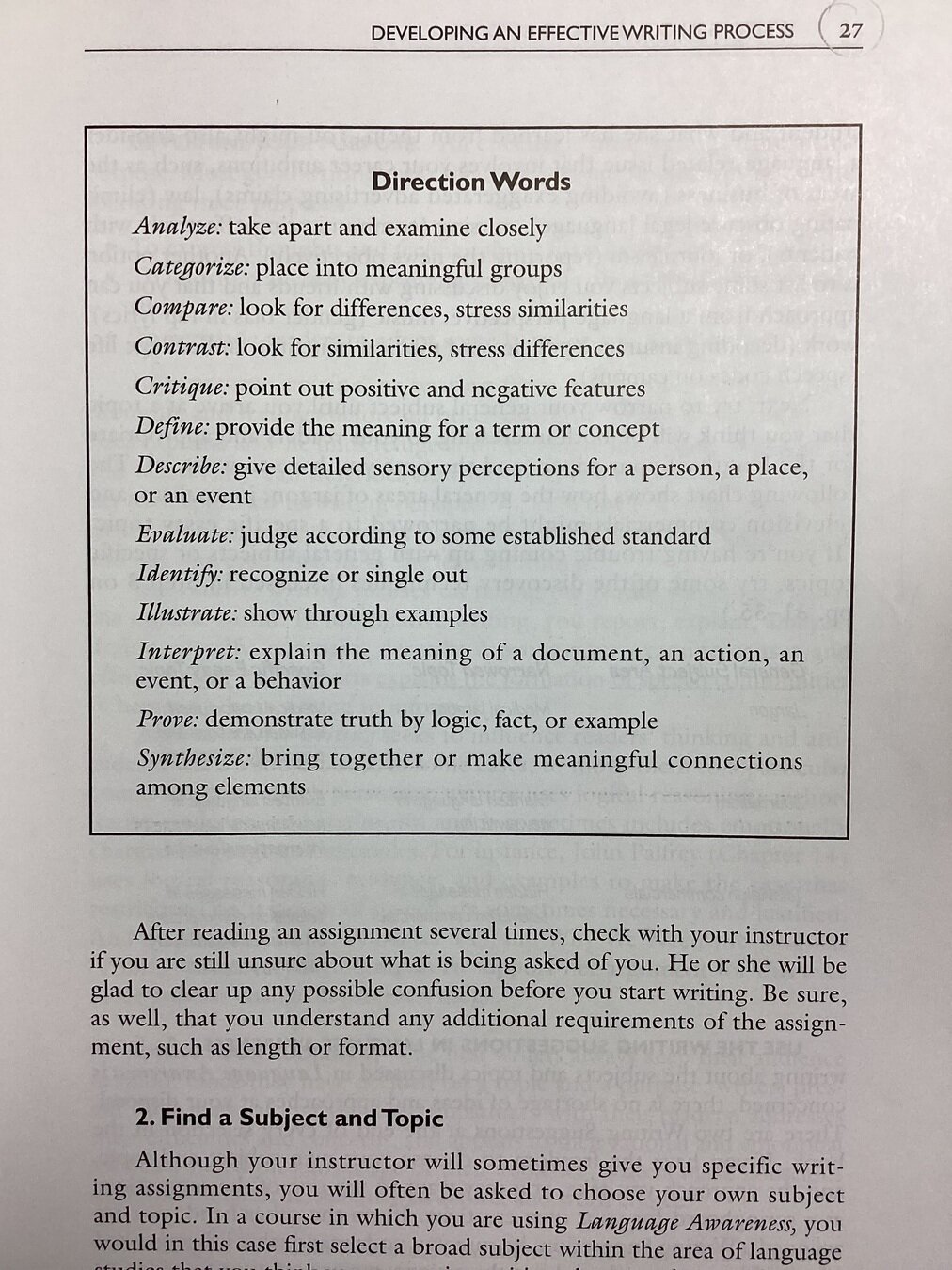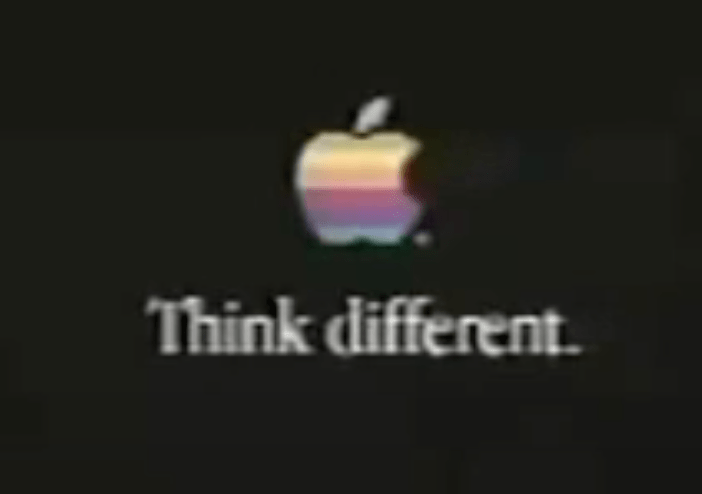Rhetoric For Writing and Analysis






For the Showdown Analysis...Use Ethos, Pathos, Logos, Kairos as rhetorical appeals for arguments. Use words like audience, speaker, style, features to talk about your content.
DEVELOP AN ARGUMENTATIVE THESIS...
- ASPCA does a better job using pathos and ethos than PETA and this is seen because of...
- Nike has a better marketing campaign than Adidas because of its use of ethos, logos, and pathos in its content.
- Content Creator XPlay shows better use of the rhetorical canons of style and arrangement in his content than PowerUP719, and this impacts his fan base because...
- Fitness Influencer, Mr. Rep, shows good use of rhetoric through active content across Instagram and his Blog, ProteinUP.
Make a double T CHART with pathos, ethos, logos, kairos, and list what kind of text or content will you use?
What information will be important to use?
BRAINSTORMING...
pathos
ethos
logos
kairos
Rhetoric & Propaganda: Conversation Game!
What do you know about Rhetoric and Propaganda tactics? What could be an example?

Rhetoric Appeals:
-
RED DICE: PATHOS
- (emotions, reactions, activism, support)
-
BLUE DICE: ETHOS
- (credibility, trust-worthiness, professional quality)
-
GREEN DICE: LOGOS
- (logical reason, numerics, statistics, facts)
-
YELLOW DICE: KAIROS
- (timing of argument, context, situations, taking advantage of an opportunity)
Rhetoric & Propaganda (THE GAME)
What category did you Role? (1-6)
- How would you use your appeal in writing? Give an example.
- Give a company/organization that would benefit from using this appeal.
- In my major, this appeal looks like what? Apply to your field of interest.
- In an argument/debate, I would use this to accomplish... what?
- What social media platform may use this appeal a lot? Specific example? Influencer?
- What popular media (film, music, game, story) may also target us with this rhetoric appeal?
Narrative Writing
- Defining a term in your writing = "literacy"
- Rules & Expectations of my skills/activities
- What is my Writer's Identity?
- Storytelling
- First-person accounts
- Personal Experiences
- Thesis ties to yourself
Rhetoric & Analysis
- Analyze
- Describe the parts of a message, text, or content
- Use rhetoric terms to show how something gets done
- Evaluate
- Effective or Ineffective... Why?
- On a Five-Star Scale
- Compare/Contrast in your writing
- Thesis ties to argument/evaluation of content


What direction/action will my writing go next?
What Do they Mean?
Take 3-5 minutes to look at all the definitions supplied by our American Rhetoric online source. Which TWO definitions do you like the most and gives us a unique perspective on rhetoric? What did you choose? Add this as a comment to your reading notes and we'll share these in a few minutes.
What is Rhetoric?
- Modes of argument or persuasion
- Refers to how a speaker or communicator reaches his/her audience
- The effect of the writing or speaking process
- caused the reader to react, think, cry, laugh
- appeal to the audience for different affects/impacts - persuasion

Quintilian: "the art of speaking well"
The Rhetorical Triangle

THE CANONS OF RHETORIC! - Steps in a rhetorical message
- Invention: What are main points and what is the content of the message? Evidence is...
- Arrangement: Organization of content, logical ways of presenting points...
- Style: How language/communication is used... engaging and pleasing to audience attention and can look like...
- Memory: Strategies for talking about content; how we prep for content (e.g. artifacts for presentation are...)
- Delivery: THE Presentation - HOW we convey a message NOT the What (Invention)...

Analysis and Appeals
- Pathos
- Ethos
- Logos
- Kairos
*These can be used alone but often work well together*
ALSO CONSIDER THESE WHEN THINKING ABOUT HOW AN AUTHOR MAKES USE OF THE FOLLOWING:
- Audience Analysis/Awareness
- Figurative Language
- Propaganda Devices
LET'S LOOK AND ANALYZE EXAMPLES...
PATHOS
- refers to an "appeal to the emotions"
- When using this argument style, the author and text is trying to gain the reader or audience's support through personal stories, inspiration, and feelings.
- Using this argument style, authors are more concerned with the audience reaction and reception to what they have to say.
- Quick way to generate a "call to activism."
- Focuses mostly on style/atmosphere of a text.

Ethos
- refers to an "appeal to credibility"
- Use of expert, personal knowledge testimony; establishes morality, concern for the audience.
- This argument appeal is meant to be most reflective of the speaker speaking. The focus of Ethos is: Does what the author says seem believable?
- Example: Can we trust someone writing scientifically about Hurricanes who works at a gas station?
- This appeal has more to do with the author's background; focuses on purpose and tone

Logos
- refers to an "appeal to reason or logic"
- Within this appeal, the reader is more concerned with the content of the message than the author or emotions.
- Use of eye-witness accounts, scientific claims, statistics, data are signs of this appeal.
- Example: Is what I'm reading actually make sense or does the writer contradict himself/herself?
- More concerned with presentation/delivery

Kairos
- refers to an appeal of "timing and placement"
- Within this appeal, the content and argument is most effectively given after a relevant event.
- The longer you wait to make your argument as time passes the weaker the argument's kairos is.
- Good Example: Anti-pollution speeches after an incident.
With partners, small group, cycle through the next slides and discuss what is being used in persuasion... you'll reflect on these for our in-class work.









Ethos, Pathos, Logos, Kairos- Comments?




Ethos, Pathos, Logos, Kairos Comments? Effects of Video?
Ethos, Pathos, Logos Comments? Effects of Video?
Ethos, Pathos, Logos, Kairos - Comments? Effects of Video?
You are a Rhetorical Machine Activity!
1. Post your partner interaction reflection and then what kind of personal experience do you have with rhetoric & persuasion whether discussing, writing about, or seeing online? WRITE about this experience with rhetoric (around 200 words)
2. CREATE/SKETCH a sample visual that uses rhetorical appeals for a specific goal/agenda (use a model you find online as an example; or craft your own idea)
- Who is listening; who is your audience?
- What message are you selling?
- What appeals are used in your artifact or visual?
- What Site might this appear on?
Role Play, Get Creative, BUT BE PERSUASIVE!!!
3. DEMONSTRATE your rhetorical knowledge - we will share and use what we created and what the sample visual achieves for our next class session.

Kickstarter: Analysis-Explain the parts
Before we get into groups for sharing, spend some time with the sample visual you created and the assignment you are turning in Jot down some notes to share with your members.
Which of these features about rhetoric and analysis are most important for your content:
- What it's purpose is...
- How it works...
- How it's designed...
- Where it might be useful...
- Who is the audience...
- What it helps to achieve...
- How is it important for persuasion...
- What function does it serve...
- Who would be the best speaker/promoter...
- Where online should this appear...
Rhetoric's impact on Brands and Marketing Behavior
Colored Group Marketing Strategy
-Creative Use of Rhetoric-


- Everyone open up your Rhetorical Machine Activity with your sample visual. Take turns showing what your sample visual is from your Ipad. Why did you choose the model, topic, company/service? Practice with the appeals, rhetorical language, message, and audience.
- As a group, select whose visual example and description works best for analysis and persuasion and how would you as a group advertise the content together, publicize about the idea, or where would you post online? Or what kind of site would you create?
POST what your group decided as a Comment in this assignment.
Finding Pathos, Ethos, Logos, Kairos within Content
- Think about strategies to help determine the use of rhetoric in any situation:
- Previewing - What does an author bio or synoposis tell me about the credibility of the author?
- Questioning - What is going on to show this text addresses one of the rhetorical appeals?
- Summarizing - List the moments in content, where the author appeals to emotion, reason, credibility, facts/stats, events, etc.
- Analyzing - What stands out the most? What rhetorical appeal seems to dominate and which others are not used as much?
- Evaluating - Is the author effective at using pathos, ethos, or logos? Who would be the audience of this piece and does it speak to them? On a five star scale...
-
Applying - How can I use the rhetorical appeals within my own writing to create effective arguments?
- Pathos, Ethos, Logos, Kairos
- Strong argumentative thesis statements
- Organized paragraphs with topic sentences.
There are many ways rhetorical appeals are used in visuals for marketing, promoting content, or exploring a topic of research...
Finding Propaganda within Content...
Name-Calling
Glittering Generalities
Plain Folks Appeal
Argumentum Ad Populum (Stroking)
Argumentum Ad Hominem
Transfer (Guilt or Glory By Association)
Card-Stacking
Testimonials
Bandwagon
Faulty Cause and Effect
False Analogy
Begging the Question
The Two-Extremes Fallacy (False Dilemma)
Card-Stacking
Testimonials
Rhetorical Machine Part 2
STEP 1: What are some of the 13 Propaganda Tactics our Cross reading talks about? - Select THREE of these techniques to talk about how they are used and their impact on pathos, ethos, logos, or kairos. How do these tactics or historical examples manipulate audiences?
STEP 2: Conduct your own GOOGLE SEARCH to find an example of newer propaganda posters, content, or tactics to share with your group members. Could these be fan-generated, using new technologies, or trying to gain a reputation online? UPLOAD a selected image into your Group Thread for discussion.

Rhetoric Concepts For Analysis/Evaluation
By codys
Rhetoric Concepts For Analysis/Evaluation
In Rhetoric these are the main appeals of persuasion...
- 737








